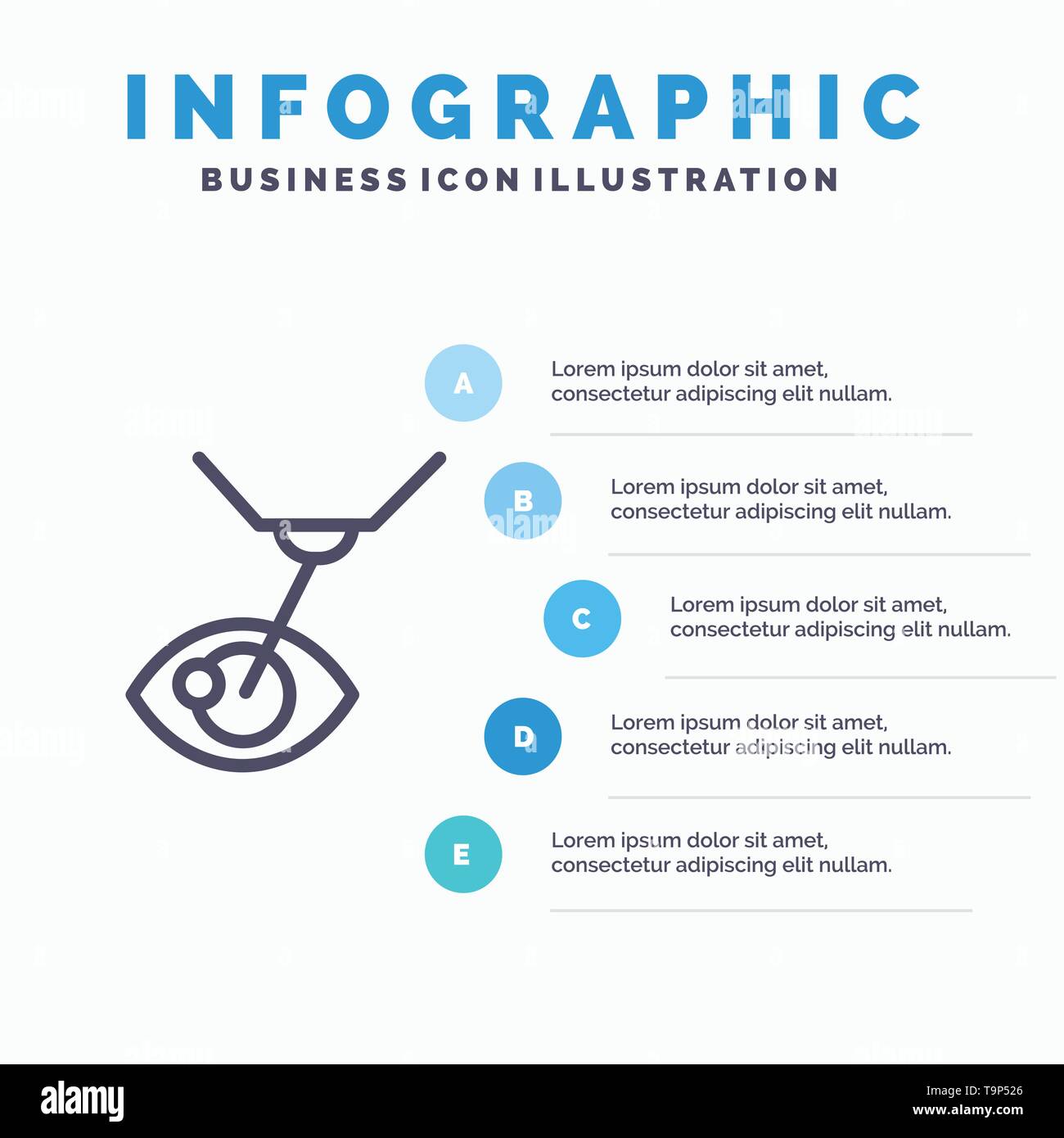A Revolutionary Alternative To LASIK, PRK Surgery Reshapes Vision Securely-- Find Just How It Can Benefit Those With Special Eye Problems

Write-Up Created By-TRUE Bendixen
If you're thinking about vision modification alternatives, PRK surgical procedure might be worth exploring. Unlike LASIK, PRK reshapes the cornea without producing a flap, which can lower certain risks. This method is especially useful for those with thinner corneas or higher prescriptions. You may be interested about just how this treatment functions, its benefits, and whether you're an ideal prospect. Understanding comprehensive services all ages can assist you make an extra enlightened decision about your vision needs.
What Is PRK Surgery and Exactly How Does It Work?
PRK surgical procedure, or photorefractive keratectomy, is a preferred laser vision modification procedure made to improve your sight.
Unlike LASIK, PRK reshapes the cornea by eliminating the outer layer of cells. During the treatment, your eye surgeon makes use of a cool beam of light of laser light to exactly sculpt the corneal tissue underneath. This modification allows light to focus properly on the retina, boosting your vision. The outer layer then regrows naturally gradually.
PRK's benefits consist of a lower threat of complications associated with corneal flaps, making it suitable for people with thinner corneas. Recuperation might take longer than LASIK, yet many patients delight in clear vision without glasses or get in touch with lenses after the recovery process is full.
Advantages of PRK Over LASIK
While both PRK and LASIK are effective laser vision modification choices, there are distinct advantages to selecting PRK for sure clients.
One major benefit is that PRK doesn't involve producing a corneal flap, which reduces the threat of complications connected to flap issues. This makes PRK a much safer option for those with thinner corneas or specific eye problems.
In addition, given that PRK treats the surface area of the eye, it can be more reliable for patients with higher prescriptions.
The healing procedure, although somewhat longer, commonly causes stable, durable results.
You'll additionally appreciate that PRK is much less most likely to lead to completely dry eyes compared to LASIK, permitting a much more comfy recovery experience.
That Is a Suitable Candidate for PRK?
Are you questioning if PRK is the appropriate choice for you? Ideal prospects generally include people with light to moderate nearsightedness, farsightedness, or astigmatism.
If you have thin corneas or other corneal irregularities, PRK can be a better option because it does not involve cutting a flap like LASIK. You should likewise go to least 18 years of ages and have secure vision for a minimum of a year.
If you have actually had previous eye surgical procedures, discuss your alternatives with your eye specialist. Additionally, those with specific clinical conditions, like autoimmune diseases or unrestrained diabetic issues, might not qualify.
Inevitably, a detailed eye exam and assessment will certainly help establish if PRK is the best service for your vision requires.
Verdict
In conclusion, PRK surgical treatment provides a secure and efficient way to improve your vision without the threats related to LASIK. By improving your cornea without developing a flap, it's ideal for those with thinner corneas or greater prescriptions. While SMILE advantages over LASIK may take a bit longer, lots of patients enjoy stable results and less discomfort, like less instances of dry eyes. If you're considering vision modification, PRK could be the ideal selection for you.

